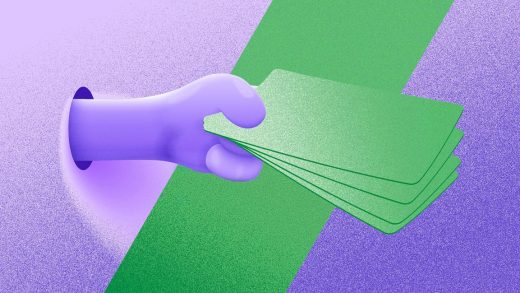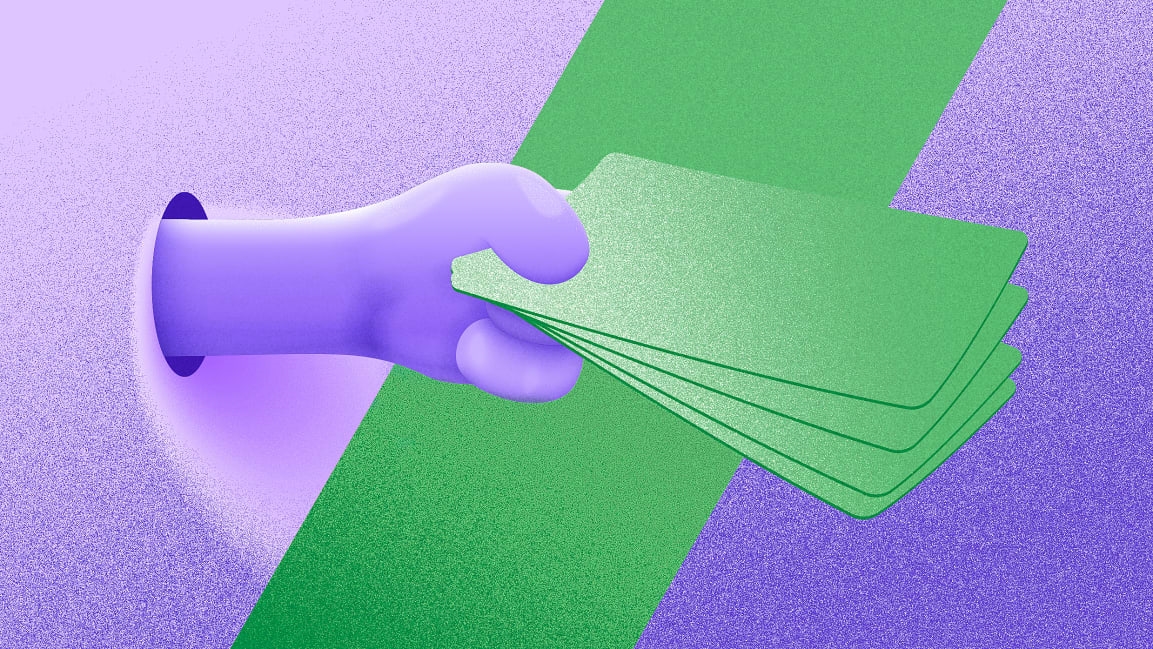What happens when you give gig workers emergency cash?
When gig workers received no-strings-attached emergency cash grants up to $1,000, they were able to get back to work quicker after an emergency, felt less stressed, and, in some instances, got on track toward new financial goals, like saving to be able to cover future emergency expenses.
Those findings come from a new study by The Workers Lab, an organization that funds experiments and innovations to build power for low-wage working people, and Commonwealth, a 501(c)(3) aimed at helping struggling Americans become financially secure. The study looked at the impact of the Workers Strength Fund, a pilot in which gig workers could receive one or more grants, totaling $1,000, over the course of 2019.
“The crux of [this pilot] is a sense that sometimes just solving the problem in a fast way, that signals trust and confidence in the person who’s in crisis, is something we haven’t really done so much in this country, either in the public safety net or in the context of the workplace,” says Timothy Flacke, cofounder and executive director of Commonwealth.
Over the year, 350 workers received grants, and almost all of them requested the full $1,000. The Workers Strength Fund gave out more than $345,000 total. Workers had to say what emergency the money was needed for, though no documentation of that emergency was required.
That $1,000 wasn’t enough to cover 54% of recipients’ emergencies—the average cost of the emergencies workers faced was $3,070—but it still made a big impact. The biggest emergency for which grants were requested was rent and utilities, with nearly 38% of funding requests. Auto-related expenses followed, with more than a quarter of all funding requests. Other categories included medical emergencies, moving costs, or school or work supplies.
Nearly two-thirds of the recipients surveyed said they were unable to work because of their cited emergency, and 75% of that group said they returned to work as a direct result of receiving funds. Though most recipients said they felt “an immediate increase in financial security” after receiving emergency cash, that feeling didn’t really last. A month after receiving the money, only 37% reported a continued increase in financial security; other workers were still in debt or faced additional struggles since the grants.
Still, nearly all recipients saw psychological benefits; 96% said the funds made them less stressed about their finances, and they almost universally reported feeling relief, gratitude, and happiness after receiving the grants. To Flacke, the fact that the grant process gave these workers agency over how, when, and for what to spend this money helped bolster that impact.
“I’m not sure we have fully mined what can be achieved when we cultivate and emphasize people’s own capabilities and agency,” he says. “The idea that simply saying you have the need, and we would then respond to that and deliver the cash, it effectively signaled that you knew what to do with the funds and you knew your own situation, and we were not terribly invested in trying to put you under the microscope.”
Governments, organizations, and mutual aid funds have been distributing emergency cash during the COVID-19 pandemic as millions of Americans face additional financial struggles. It may not be the right tool for every situation—and is not an all-encompassing fix for financial inequality in the United States—but Flacke says that current surge and this research shows there’s more work to be done in exploring emergency relief as a tool to support workers. The experiencing was overwhelmingly positive, and the idea that aid could make people feel both respected and bolstered—which Flacke says doesn’t seem to be the premise underlying most safety nets—is worth exploring further.
“There’s a good case to be made that wherever possible, you don’t want a safety net that just keeps people from falling, because then you’re right back where you were. We want to lean towards the safety net that helps people catapult up, the safety net as ladder,” he says. “And I don’t want to oversell; handing somebody $1,000 in cash in a crisis is not going to solve everything in their life. But around the margins, where that can send a message of trying to get you to a better place and believing in you as the way to do that, that’s a powerful thing.”
(23)



